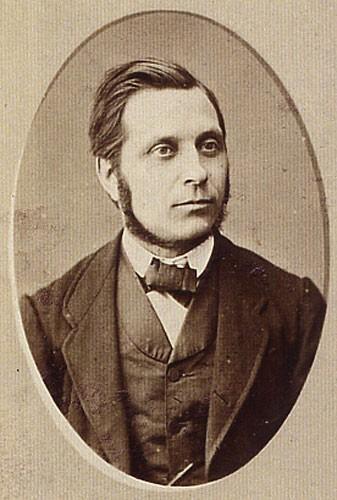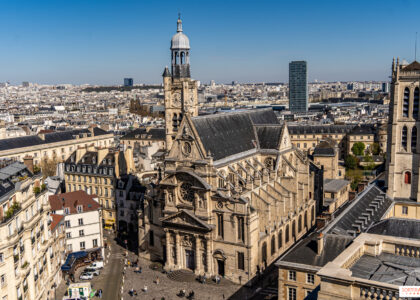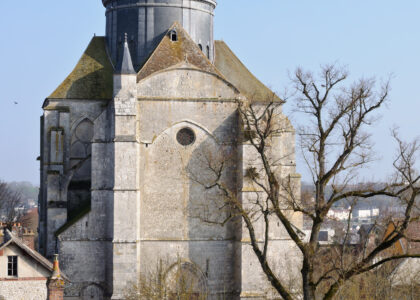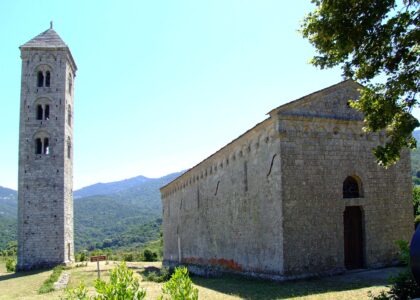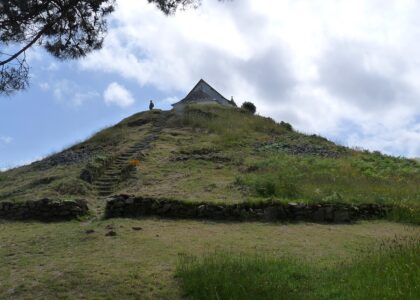Welcome to the story of Jules Steeg, a remarkable figure in the history of French Protestantism and education. Born in Versailles in 1836, Steeg’s life was deeply intertwined with the intellectual and religious transformations of 19th-century France. His father, a shoemaker from Germany, and his French mother provided him with a unique cultural perspective that would shape his future endeavors.
Jules Steeg was not just a pastor; he was a pioneer in the realms of politics and education. He studied theology in Bâle, Strasbourg, and Montauban, and became the first pastor of the Protestant parish in Libourne from 1859 to 1877. His liberal views on religion and education became increasingly prominent through his writings and lectures. In 1869, although health issues prevented him from establishing a Free Church in Switzerland with Fernand Buisson, he remained a vocal advocate for democratic and republican ideals.
Steeg’s commitment to education reform was significant. In 1870, he founded a republican newspaper in Libourne and later became a deputy of the Gironde. His collaboration with Jules Ferry, Félix Pécaut, and Ferdinand Buisson was instrumental in shaping the French republican school system, which emphasized non-religious, compulsory, public, and free education. As a General Inspector of Primary Schools and director of the Teaching Museum in Paris, his influence on education was profound.
By the end of his career, Steeg succeeded his friend Ferdinand Buisson as Inspector of Studies at the École Normale Supérieure in Fontenay-aux-Roses. His legacy was so impactful that his son, Théodore Steeg, who became President of the Council of Ministers, often reflected on his father’s superior intellect and dedication.
Today, Jules Steeg is remembered not only for his contributions to education but also for his role in advancing religious freedom and republican values in France.


